PROTECT YOUR DNA WITH QUANTUM TECHNOLOGY
Orgo-Life the new way to the future Advertising by AdpathwayThe International Olympic Committee has moved a step closer to introducing a blanket ban on transgender women from female categories across all sports.
IOC president Kirsty Coventry vowed to bring in the policy as part of her election campaign.
On Monday the Times reported, external that the ban was set to be announced early next year.
In response, the IOC said that "the working group is continuing its discussions on this topic and no decisions have been taken yet".
However, sources have told BBC Sport told that a ban is likely to be introduced in 2026.
Last week an update was presented by the organisation's medical and scientific director to IOC members as it works through the details of the potential move.
In a significant shift in policy, former swimmer Coventry - a seven-time Olympic medallist - told BBC Sport in March that the IOC must "play a leading role" in discussions in this area.
In June, after being elected, she revealed a working group on the issue made up of experts and international federations would "ensure that we find consensus".
She said IOC members had shown "overwhelming support" to protecting the female category in sport.
The IOC has previously left sex regulations to the governing bodies of individual sports, rather than applying a universal approach, with many allowing transgender women athletes to compete in female competition if they reduce their testosterone levels.
However, in February US President Donald Trump signed an executive order that prevents transgender women from competing in female categories.
He said it would include the 2028 Olympics in Los Angeles and that he will deny visas for transgender athletes trying to visit the US to compete at the Games.
In recent years a growing number of sports federations have barred athletes who have undergone male puberty from competing in elite female competition amid concerns over fairness and safety, including World Aquatics and World Athletics.
In 2022 British Triathlon become the first British sporting body to establish a new 'open' category in which transgender athletes could compete, while the Rugby Football League and Rugby Football Union banned transgender women from competing in female-only forms of their games.
New Zealand's Laurel Hubbard became the first openly transgender women to compete at an Olympics after being selected for the women's weightlifting team at Tokyo 2020.
Hubbard, who failed to record a successful lift in the women's +87kg category, had competed in men's events before coming out as transgender in 2013.
The IOC's new policy is also set to cover athletes with DSD (differences of sex development).
The Paris 2024 Olympics were engulfed in controversy after Algeria's Imane Khelif won the women's welterweight boxing gold medal, a year after being disqualified from the World Championships for reportedly failing a gender eligibility test.
The IOC cleared the 25-year-old to compete - along with Taiwan's Lin Yu-ting, who was also banned by the suspended International Boxing Association (IBA).
The IOC said competitors were eligible for the women's division if their passports said they were female.
Both fighters said they were women, had always competed in the women's division, and there was no suggestion they were transgender.
Some reports took the IBA saying Khelif has XY chromosomes to speculate that the fighter might have DSD, like runner Caster Semenya. However, the BBC was not able to confirm whether this is or is not the case.


 1 week ago
11
1 week ago
11

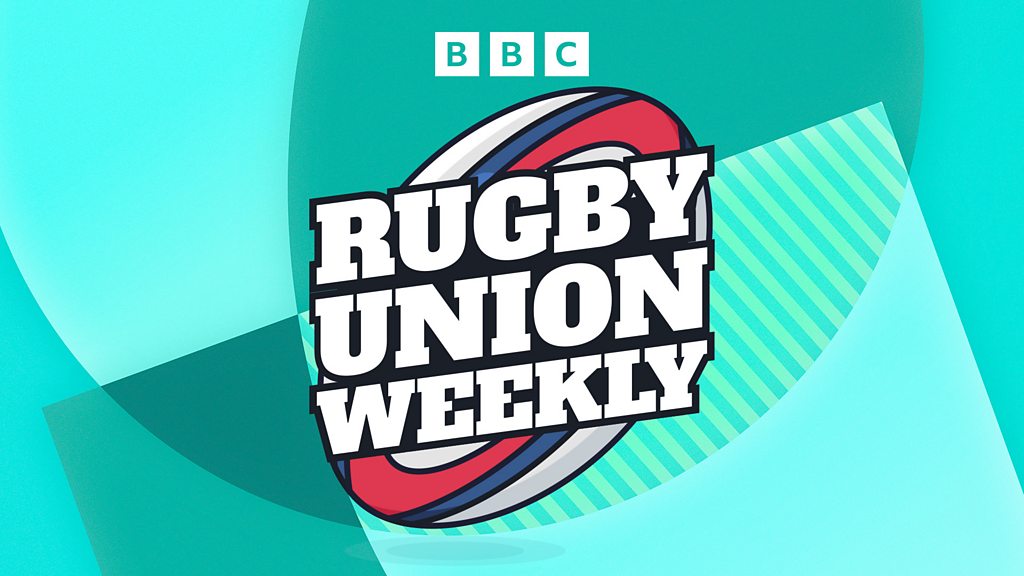

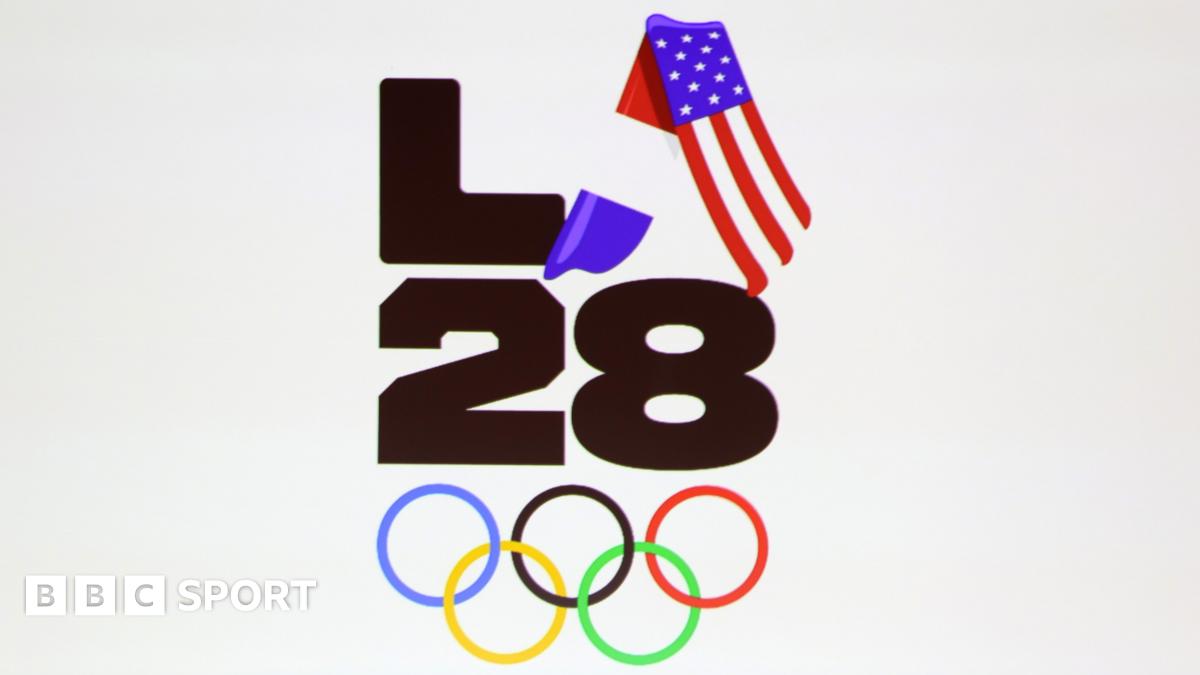
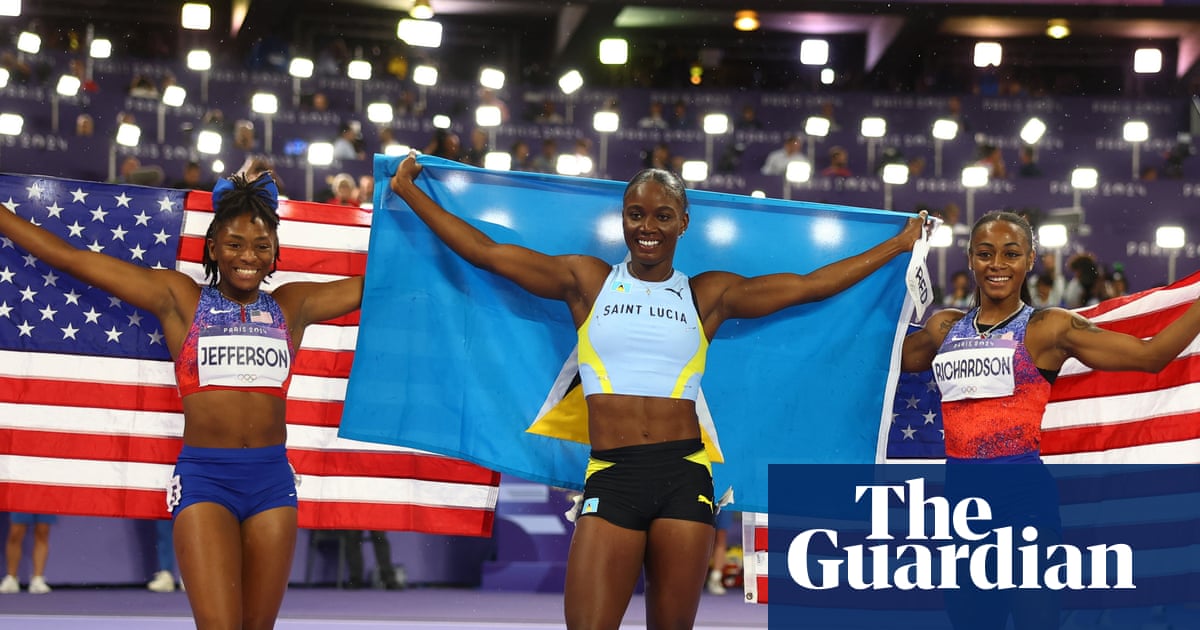
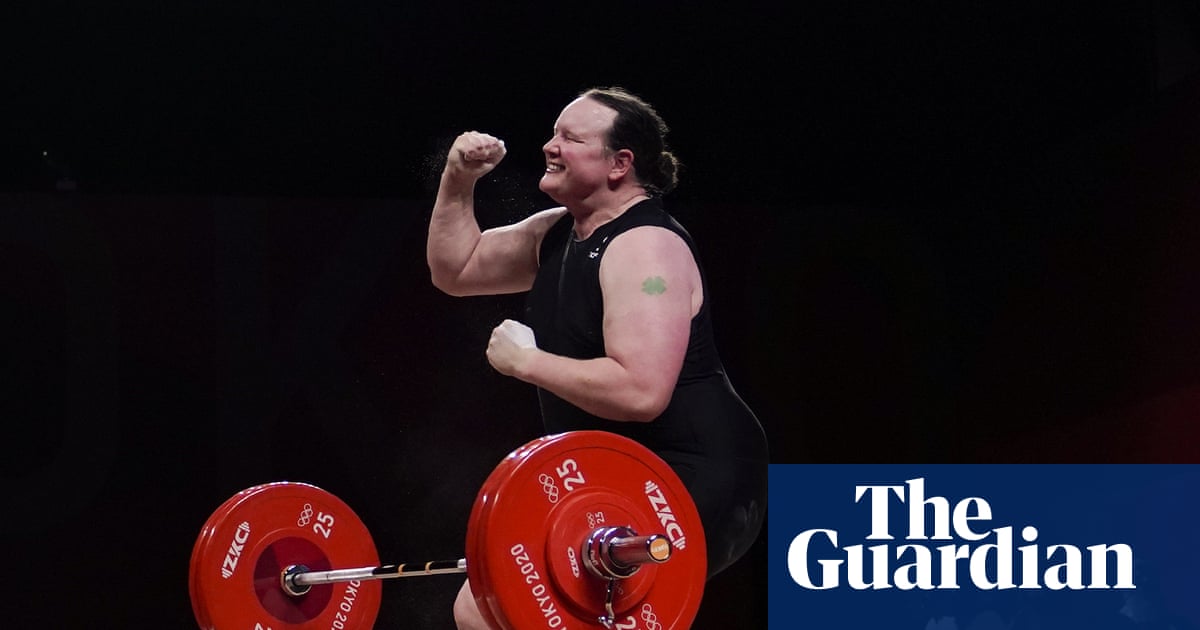





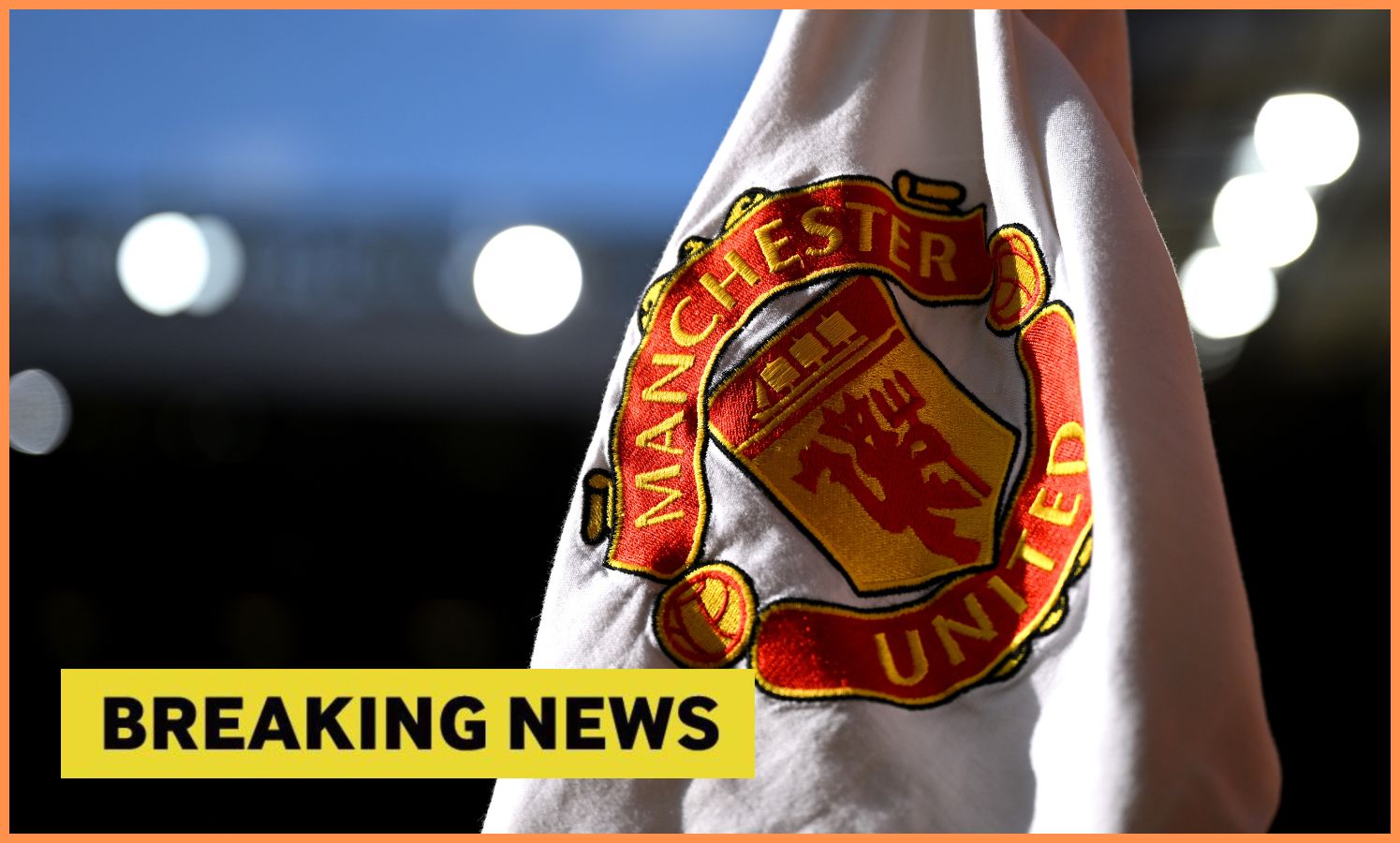

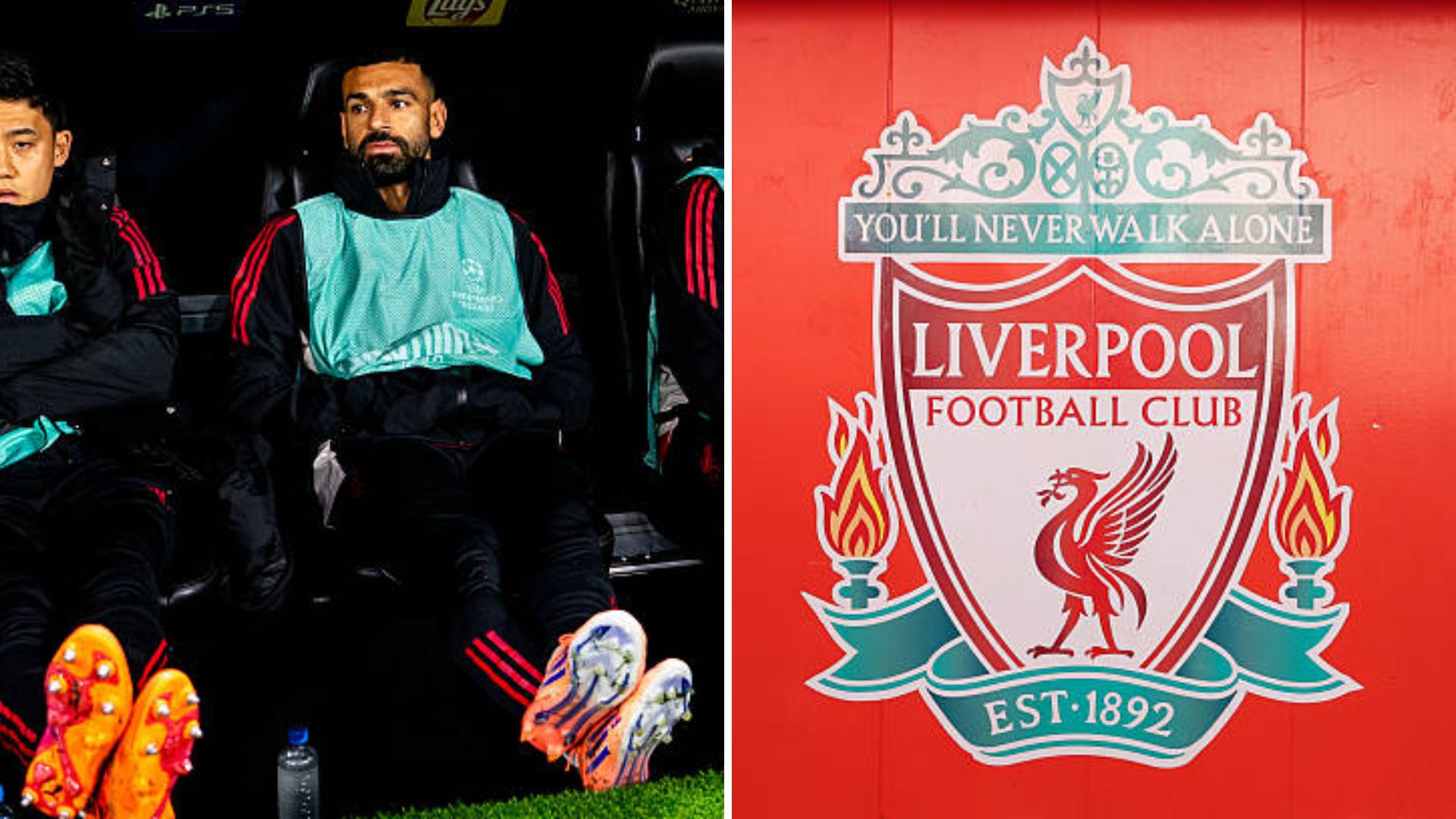
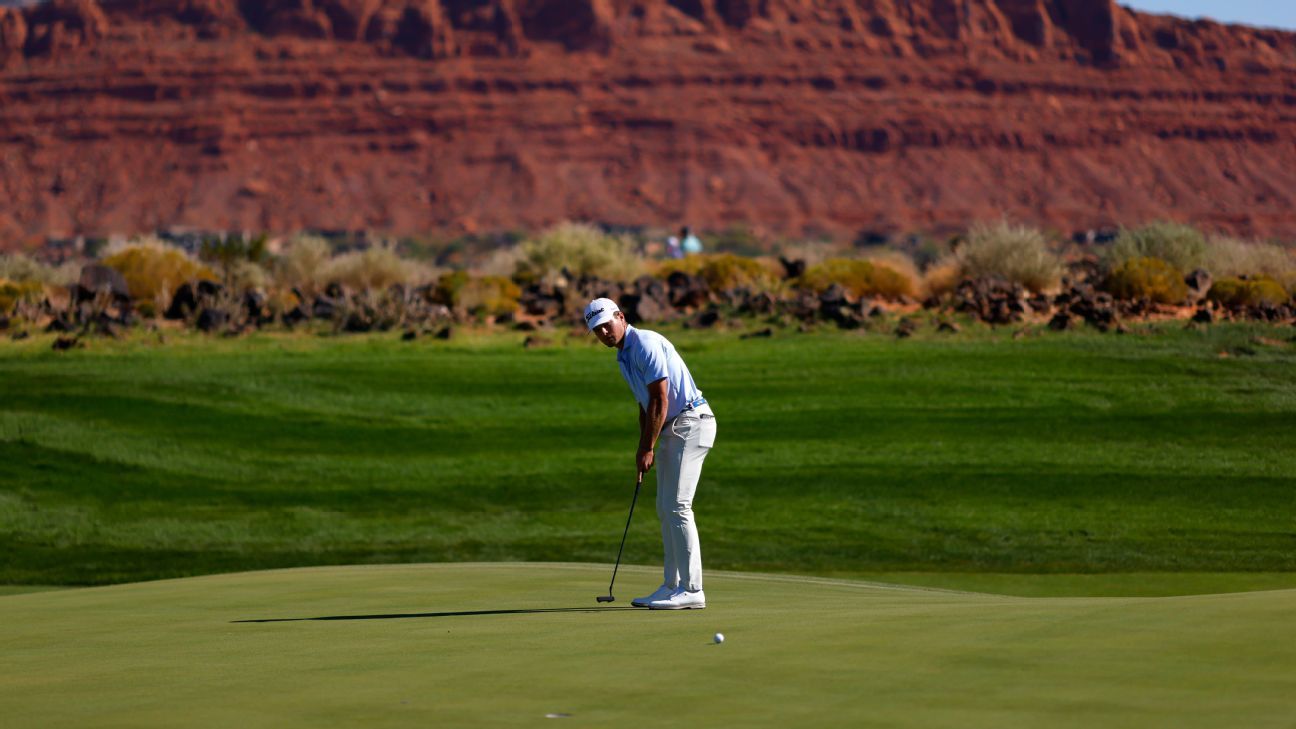
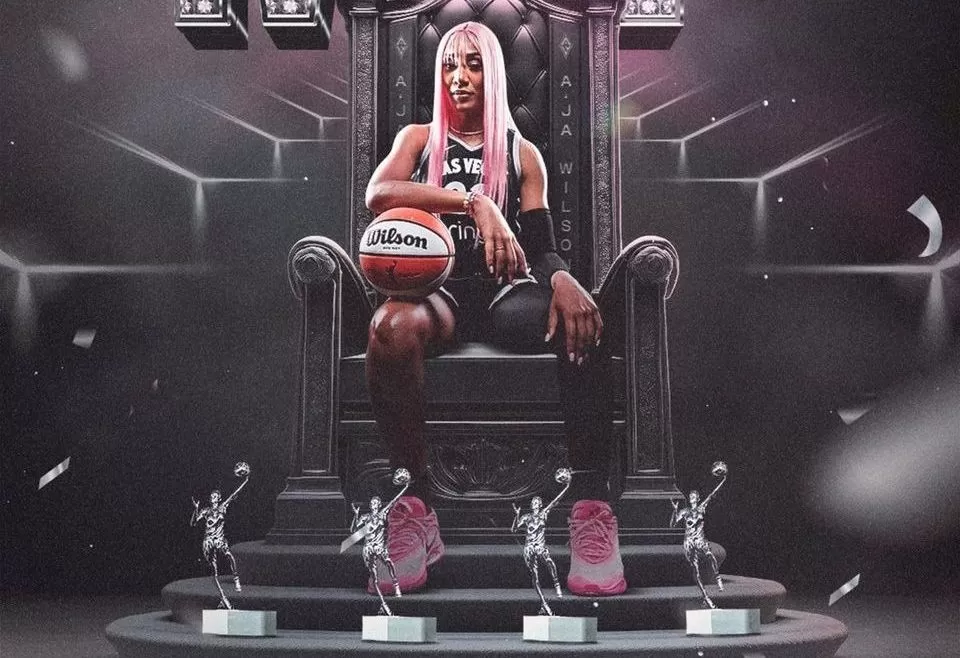

 English (US) ·
English (US) ·  French (CA) ·
French (CA) ·